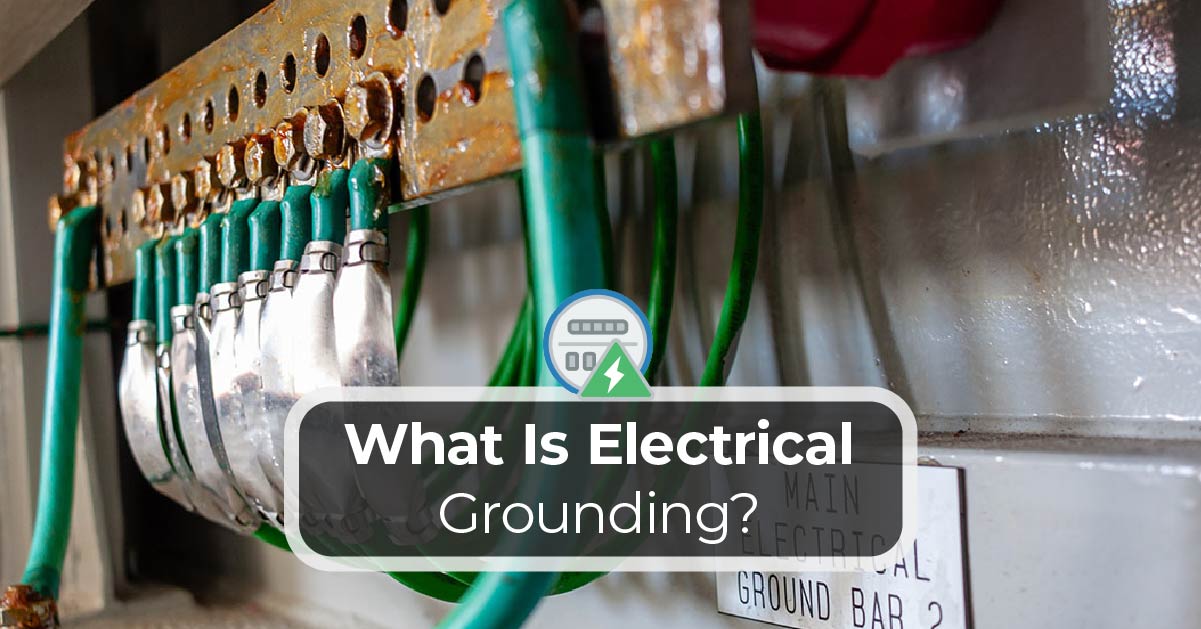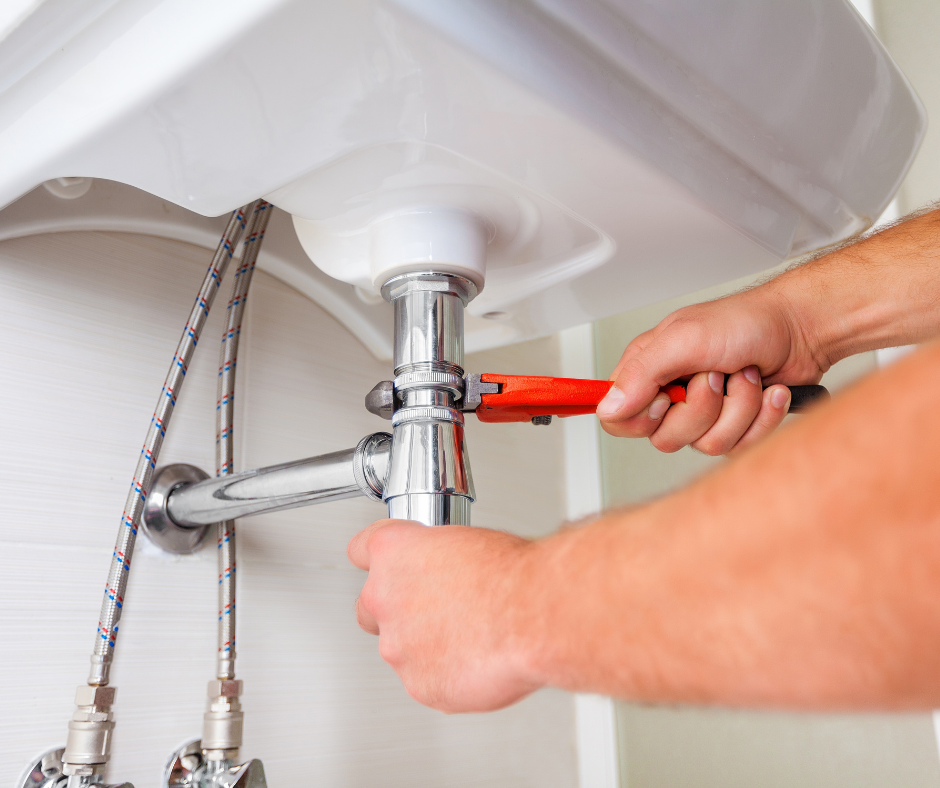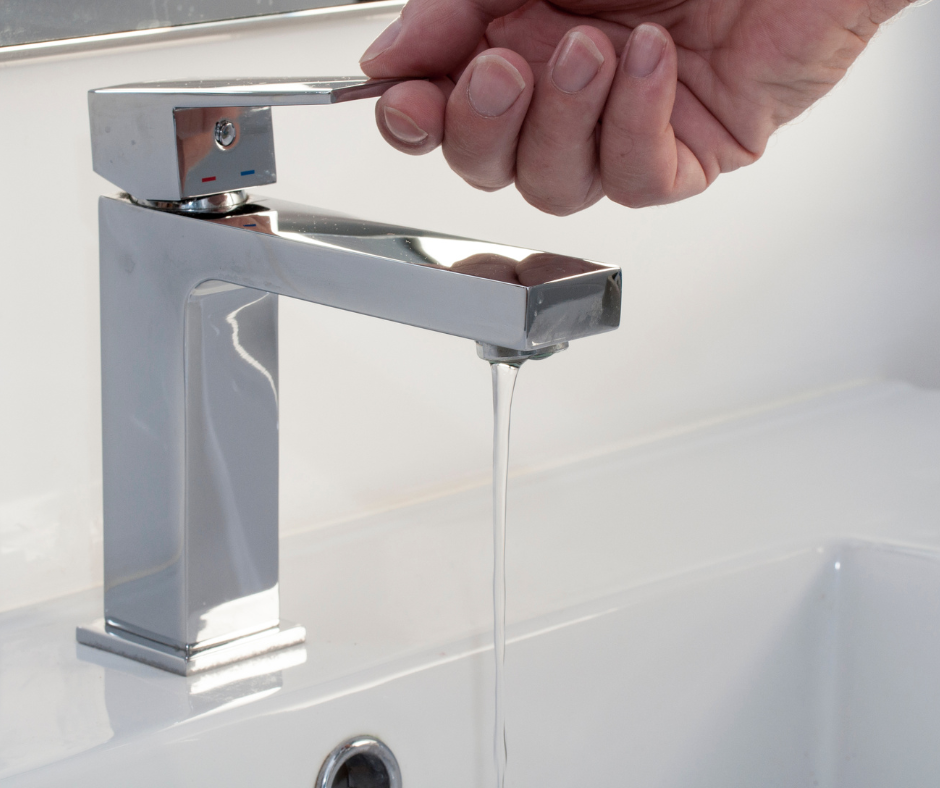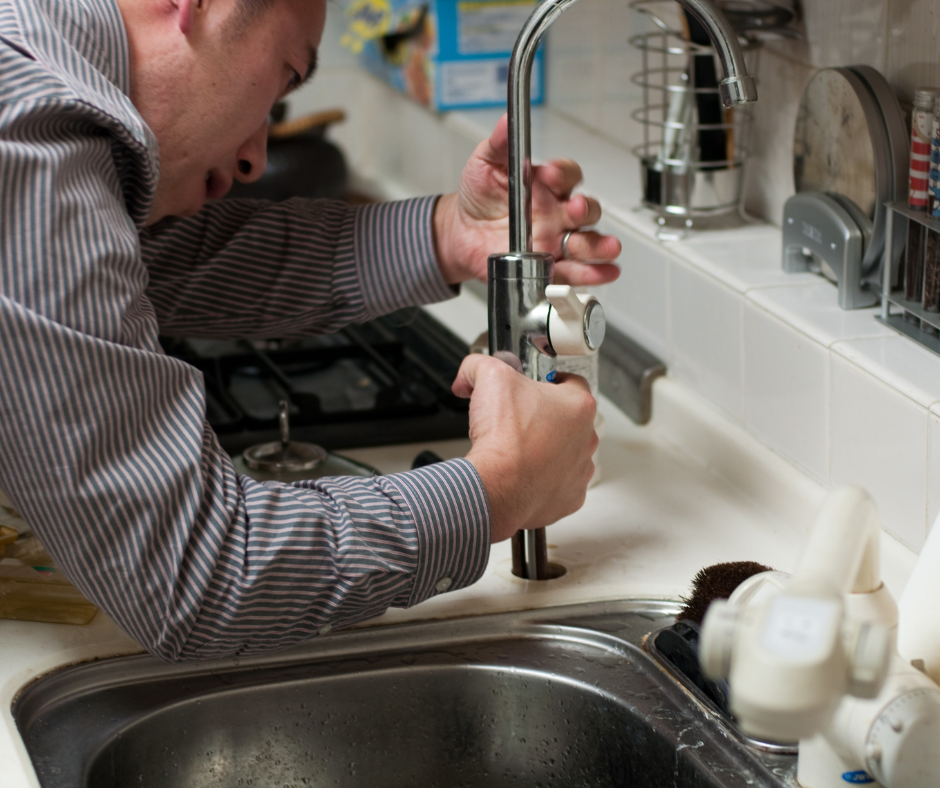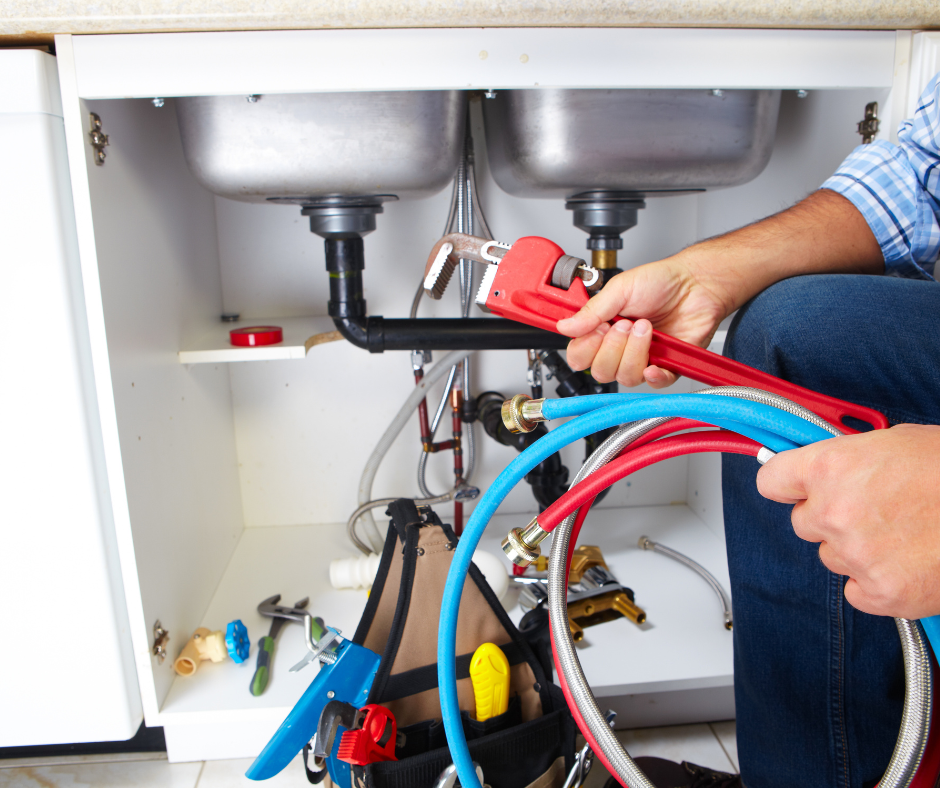Electrical grounding is one of the most important elements in electrical systems. However, many people do not know what it does or how it works. Many people are still not aware that they need to ground their electrical system properly.
Some even believe that a grounded system can be dangerous for them and their family members. This article will discuss the importance of grounding an electrical system and how it works with your home's wiring. We'll also tell you why you should have a grounded circuit breaker panel at home, read on.
What Is Electrical Grounding?
Grounding an electrical system is a procedure where the electrical current transitions from its use to a ground source below the electrical system. It is also known as a grounding circuit or a grounding wire.
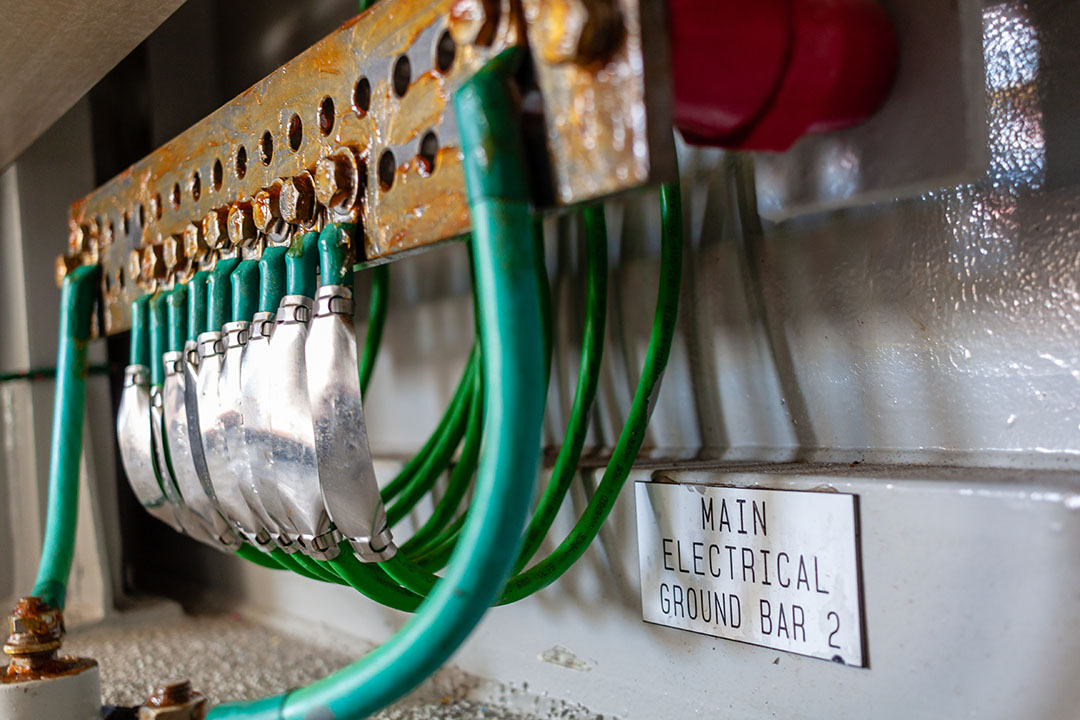
A properly grounded electrical system ensures that your home's wiring is safe and gives you a reliable path to ground in case of any current overloads or short circuits.
How It Works
The electrical code and many other electrical codes require a grounding system for both the electrical service that enters your home and the components of the circuit inside your home. This ensures that each wire in your house is bonded to a ground source either at the point where they leave the power meter, at their point of entry into your house or as close as possible to those points.
The ground connection provides a path for electric current to flow. For example, from an electric circuit breaker and electrical box, the electrical service wire goes to the power meter, where it attaches to a set of three grounding bars, all tied together with ground wires. These are connected to your underground water pipe by another set of barbed rods driven into the soil or secured in low resistance plastic buckets filled with the sand-gravel mix.
There's an active wire in an electric circuit that supplies the power and a neutral wire that returns the current back to the breaker panel. A grounding wire connects all-metal structures to have a common reference point for electrical potential. Grounding wire ensures the electrical current returns safely to the ground without harming anyone in the event of a short circuit.
A copper conductor is connected from the metal rod of the wiring system into the ground. The grounding rod is connected to an electrical circuit that conducts electricity safely to the earth. If the wiring systems use electrical cables covered in the metal sheathing, they are considered grounded. The metal will serve as the ground conductor between the wall outlets and the service panel.
But if the wiring systems use plastic-sheathed cable, the system is typically considered to be ungrounded. In this case, grounding rods must be installed as the sole method of grounding the circuit wiring.
Grounding systems should remain grounded even when no electrical current flows through them. If a ground wire were to disconnect from the system and there was no current flowing through it, any metallic materials that could become energized could cause the electric current to flow through them.
For example, if the electrical system inside an ungrounded building became flooded and power was turned off, any grounded metal objects such as hand tools or appliances would remain electrically charged even when not in use.
Importance of Electrical Grounding
Protects Against Electrical Overloads
One of the main benefits of electrical grounding is to protect your appliances, home, and everyone in the event of power surges. The surges normally happen when lightning strikes during extreme weather conditions. These events can produce high voltages of electricity which can damage your appliances.
However, by grounding your electrical system, you'll protect against these electrical surges. This will help to ensure that even when your appliances are turned off, they won't receive an electrical shock if there's a sudden surge through the wiring in your home.
Help to Stabilize Voltage Levels
When you ground an electrical system, you can easily distribute the right voltage to every appliance. This helps the appliances run more efficiently, and it can prevent them from overloading your electrical system. The earth provides the common reference point for voltage sources in an electrical system.
Prevention of Serious Damage, Injury, and Death
When you do not ground your electrical system, both your appliances and your life are at risk. In the worst cases, you can suffer serious or fatal injuries from a power surge or electrical fire if your appliances are not grounded.
Earth is a Great Conductor
One of the main reasons you should ground your appliances is that the earth is a great conductor. This means that the excess electricity will always take the path of least resistance. When the appliance is not grounded, it can send a current of electricity through any person who comes in contact with it. If that electricity is high enough, then you will suffer from serious injuries or even death.
Help to Direct Electricity
Another reason why grounding your appliances is beneficial is that it helps the excess electricity to go where you want it. For example, if that current of excess electricity were to strike an object, then there would be a chance for that object to become electrified. This means that every time you touch it, you're at risk of being shocked.
How to Determine if Current is Grounded or Not
You can check if an electrical appliance is currently grounded simply by putting your hands on it. If you're feeling a tingling sensation coming from the appliance, then this means that it is not currently grounded. This shouldn't be added to water, either.
If the appliance is equipped with a three-wire cord and a three-pronged plug, the third wire, and the prong provide a ground link. However, appliances are not always equipped with this three-wire cord, sometimes they only have two wires.
How to Test Electrical Grounding
Your outlet is the first sign of proper electrical grounding. If it's a three-prong outlet with a U-shaped slot, then this means that the outlet is grounded.
/testing-receptacles-for-grounding-1152807-hero-950a0fba66b642678045d408d98cbcf7.jpg)
Inspect your appliances. If you have an electrical appliance with a three-wire cord, you are safe because these machines come equipped with grounding plugs. This is designed to minimize the chance of electric shock by providing a proper ground for any appliance equipped with it.
These devices also reduce the potential for electrocution. Insert the red probe of your circuit tester into the smaller slot of the outlet. This outlet is a hot wire that carries the electrical current. Insert the black probe wire into one of the two larger slots, neutral wires that return electricity to the circuit breaker or main power source.
Test all of your outlets to ensure no faulty ones with high resistance and allow a small amount of current to pass through them. Check the indicator, it should light if your outlet is grounded. If it doesn't light up, reverse red and black probes. If the indicator doesn't show up in the electrical grounding test, your outlet is not grounded and is not safe for use.
FAQs on Electrical Grounding
What happens if you don't connect the ground wire?
The simple act of not connecting the ground wire does not make your electrical system safer. Without grounding, appliances might hum or buzz annoyingly when you turn them on, but they're unlikely to cause serious problems. However, in some cases, ungrounded outlets can be dangerous.
What is grounding in electrical terms?
The term grounding gives electricity the most effective way to return to the ground via an electrical panel.
Final Thought on Electrical Grounding
As you can see, electrical grounding is very important. You have to raise electrical safety levels in your home to keep yourself and your family safe. Be sure to follow all grounding safety tips so that you can remain grounded throughout any electrical work. Also, take your time to understand simple electrical project costs so you don’t end up with surprises.

